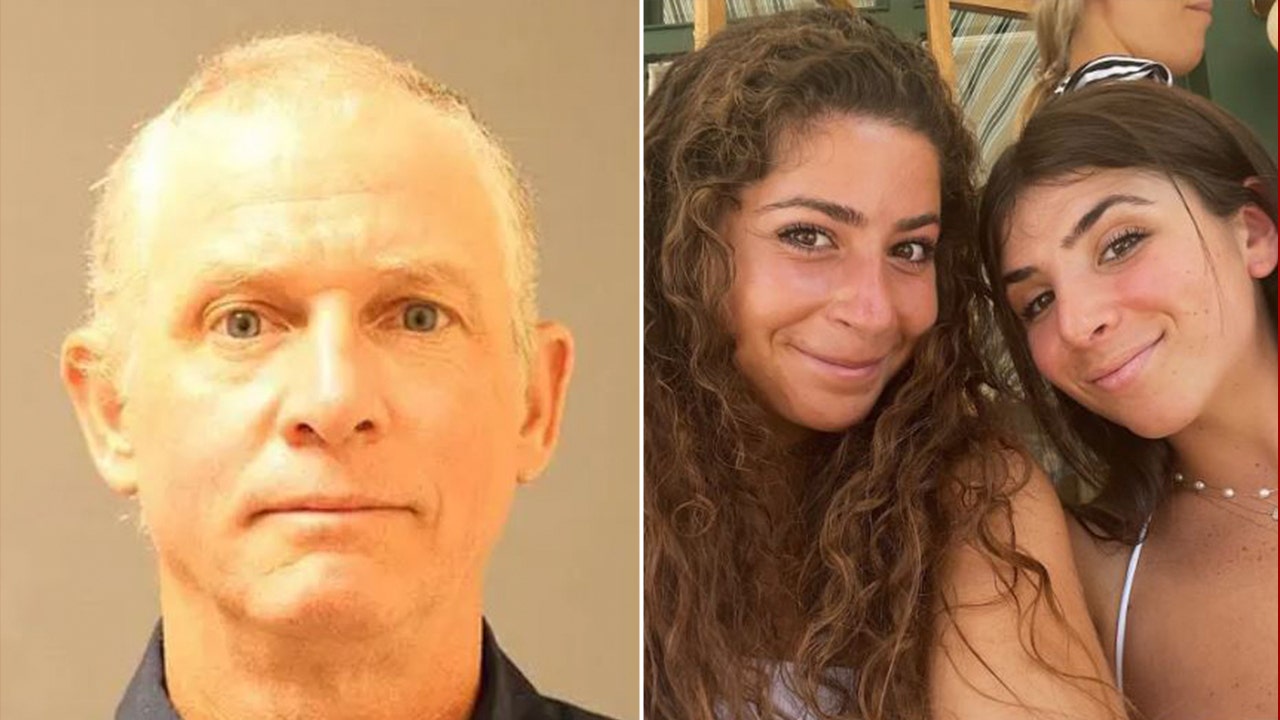Buried in President Biden’s fiery re-election pitch in his State of the Union address on Thursday night was a brief mention of an issue he has often been reluctant to embrace: marijuana.
It was the first time Mr. Biden had raised the subject in the annual address, a high-profile inclusion that could represent a shift toward promoting the efforts he has made to liberalize cannabis policy. And it renewed speculation that a president who has long been personally conservative on the issue might be ready to tiptoe more fully into positions that enjoy wide support not only in his party but in the broader public as he gears up for a difficult campaign.
Federal law puts marijuana in the same category as drugs like heroin and LSD, and Mr. Biden has shied away from calling for its legalization. But in his speech, he touched on the more limited steps he had been taking to sand off the hard edges of the law.
As he rattled off goals and initiatives on guns, police reform and domestic violence, he also included “directing my cabinet to review the federal classification of marijuana, and expunging thousands of convictions for the mere possession, because no one should be jailed for simply using.”
Decriminalizing cannabis and automatically expunging convictions for its use were among the president’s promises in his first campaign, and his administration has since moved toward that goal, proposing to downgrade marijuana’s classification away from the hardest drugs and issuing thousands of pardons and commutations for nonviolent drug offenses.
Any move toward relaxing marijuana policy could prove fertile political ground. Polling has shown steady increases over time in the number of Americans who support legalization.
According to Gallup’s tracking as of last year, a full 70 percent of Americans believed that use should be legal. Support was highest among the youngest adults, with nearly eight out of 10 18- to 34-year-olds supporting full legalization, an age group in which polls show the president has hemorrhaged support.
The Biden campaign has been looking to a draw sharper contrasts with his almost certain Republican opponent, former President Donald J. Trump, whose own language on crime has grown more apocalyptic as the campaign has progressed. He has said that he admires the freedom that despots have to execute drug dealers.
Still, many of the steps the White House has taken to date have not decisively changed the legal uncertainty surrounding marijuana use.
The thousands of pardons and commutations Mr. Biden has issued do not equate to having those criminal records expunged, despite his lamentations over the consequences prior convictions can have for job seekers.
And whether the federal criminal penalties for marijuana will be downgraded remains uncertain. In 2022, Mr. Biden directed the Department of Health and Human Services to look into reclassifying it from a Schedule I drug, which is the most restrictive category and carries severe penalties under federal trafficking laws, to Schedule III, with an eye to making it more widely accepted for medical use.
The department recommended the change last August. But the recommendation has yet to clear review by the Drug Enforcement Administration, which could act this year.






